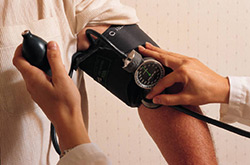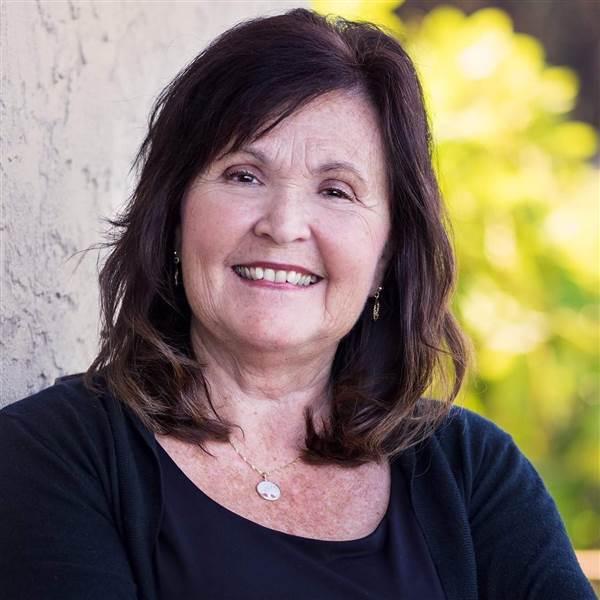 In the United States, 74 million people—one out of three adults—have been diagnosed with hypertension (high blood pressure). The causes are almost as diverse as the individuals affected: age, race, weight, and lifestyle top the list. Pilots, unfortunately, don’t escape the statistics, and an airman with uncontrolled hypertension may have a problem at the next FAA medical exam. FAA policy requires aviation medical examiners (AMEs) to defer applicants whose blood pressure exceeds 155/95.
In the United States, 74 million people—one out of three adults—have been diagnosed with hypertension (high blood pressure). The causes are almost as diverse as the individuals affected: age, race, weight, and lifestyle top the list. Pilots, unfortunately, don’t escape the statistics, and an airman with uncontrolled hypertension may have a problem at the next FAA medical exam. FAA policy requires aviation medical examiners (AMEs) to defer applicants whose blood pressure exceeds 155/95.
Hypertension, however, doesn’t have to ground you. FAA has a long-standing policy allowing airmen with controlled hypertension to be certified for any class of medical. FAA allows most blood pressure medications including diuretics, angiotensin converting enzyme (ACE) inhibitors, alpha-adrenergic blocking agents, beta-adrenergic blocking agents, calcium channel blocking agents, direct vasodilators, or combinations of these agents.
When you visit your AME after being diagnosed and treated for hypertension, bring a report from your treating doctor that should include pertinent personal and family history, an assessment of risk factors for coronary heart disease; a clinical examination that includes at least three blood pressure readings; a summary of medications and dosages; and statements regarding any side effects.The AME can then complete the Hypertension Worksheet in his office at the time of your aviation medical exam.
If you don't have the report from your treating physician, the examiner can hold the application for up to 10 working days to allow you to get the information to complete the evaluation. Otherwise, the application will be deferred to the FAA without the reports, and it could take three months or longer before your medical certificate is issued. So, it's in your best interest to show up at the AME's office with all of the paperwork in hand.
And, as always, if you have questions, give AOPA a call Monday through Friday, 8:30 – 6:00 Eastern Time, 800-USA-AOPA (872-2672).



